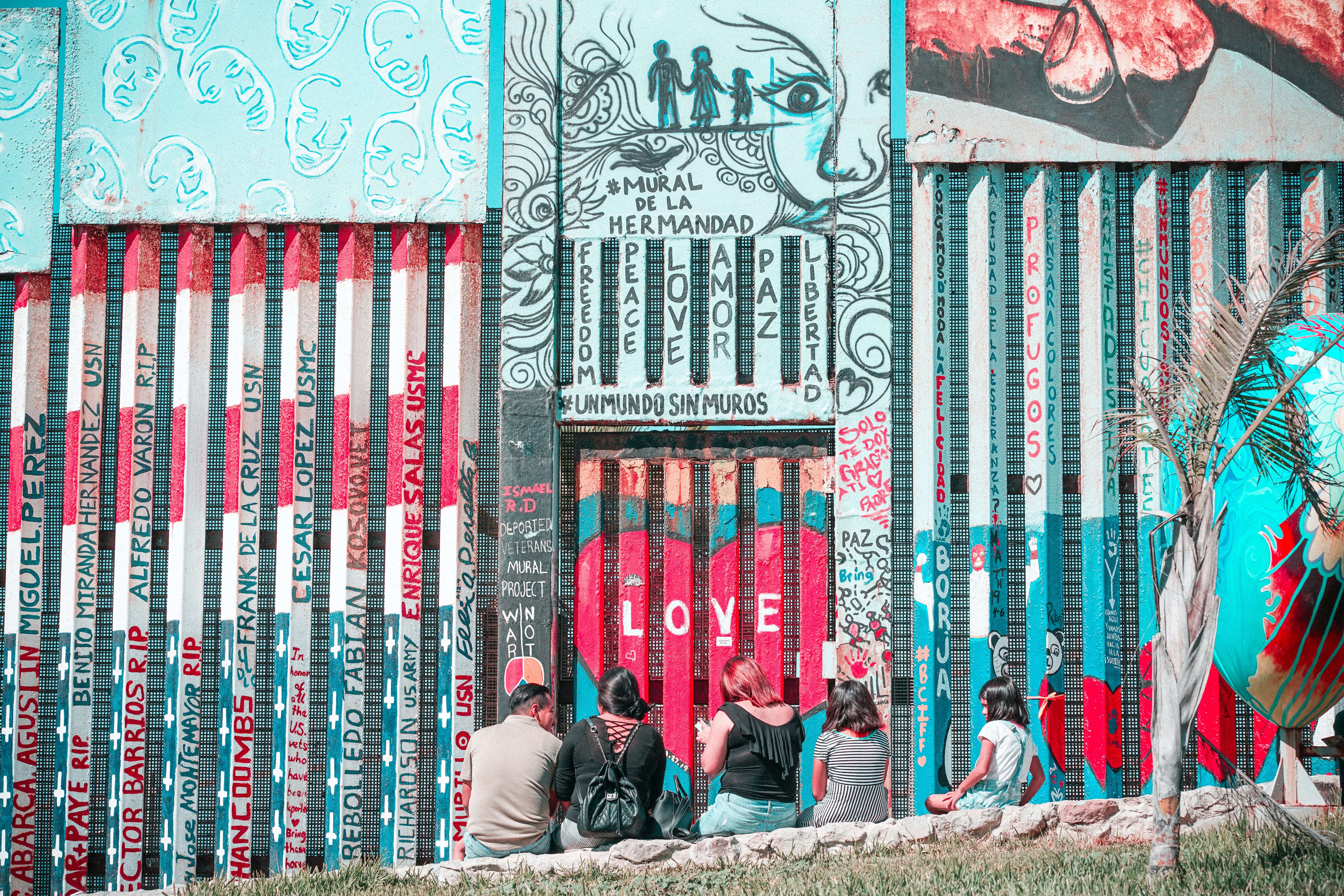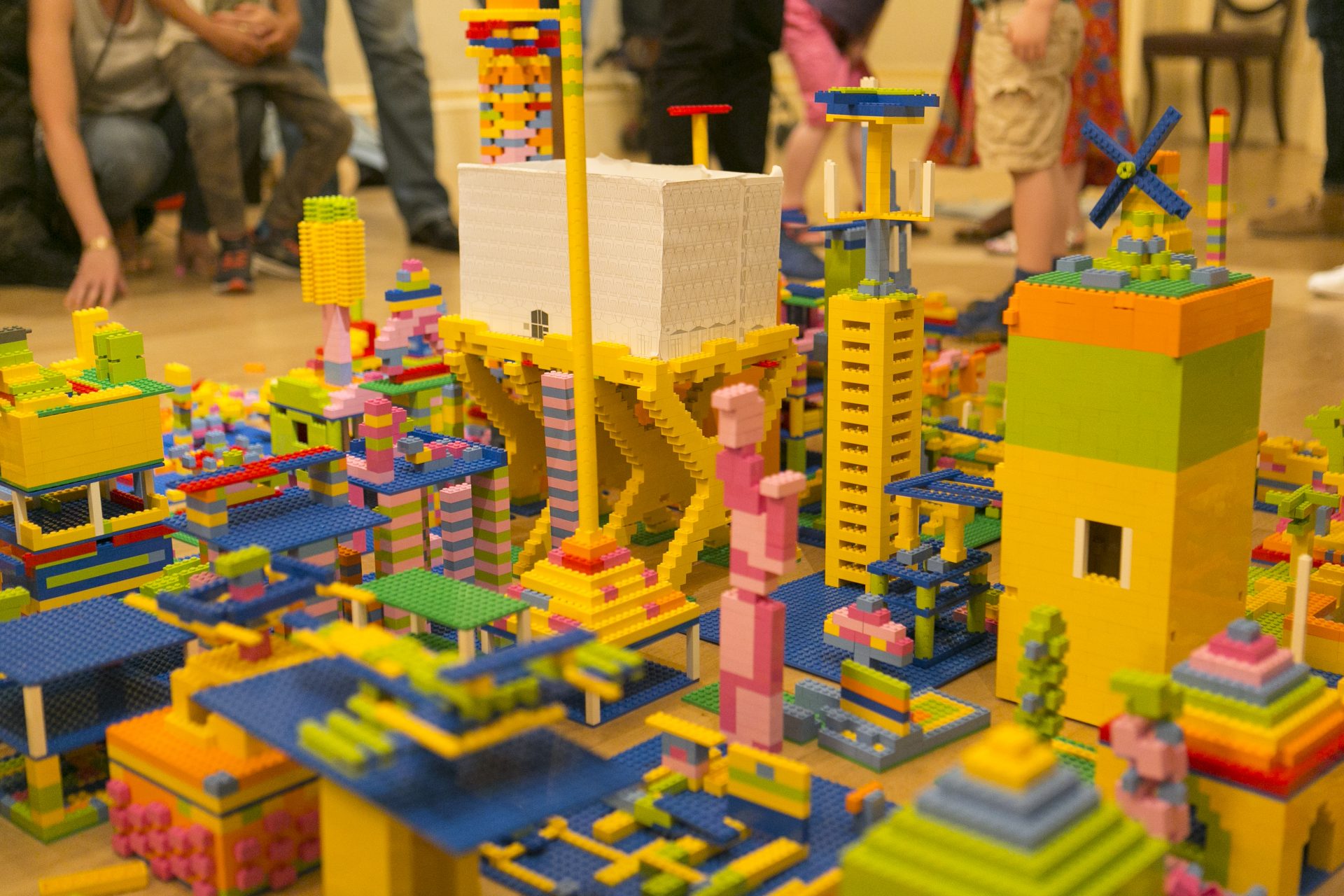Architecture and Inequity: New Practices of Care – Panel 1: Access for All
10 June 2021
Care has often been overlooked in the planning of our cities, sometimes lagging miles behind economic, functional or historic considerations. This year's annual LFA symposium, in collaboration with the Royal Academy, looked to explore some of these issues.
'Architecture and Inequity: New Practices of Care’ brought together conversations surrounding the responsibility of architecture and architects to create equitable and caring environments, along with proposals to address the systemic inequalities in our cities.
**
Panel 1: Access for All
The first panel took a closer look at inclusive design strategies and explored how architecture can accept difference and prioritise the experiences of differently abled individuals to the benefit of everyone.
WHERE WE CARE: Radically Accessible Wildly Engaging Third Places
Carly Dickson: designer, researcher and advocate for age-inclusive environments.
Why do we design places that isolate older people from society? And why do greater care needs lead to greater isolation? This paper investigates how we can combat isolation by creating radically accessible, wildly engaging ‘third places’ and ‘third things’ for people of all ages and abilities, where social access, physical access, and design for the mind are considered simultaneously.
No Longer Dreaming of Dropped Curbs
Jordan Whitewood-Neal: architectural researcher, designer and artist exploring disability and education through domestic space. Assistant lecturer at University of Brighton’s School of Architecture.
Dreaming of space begins in architectural education, and disability of all kinds can lead us to enriched and vivid dreams of a city which preserves the disabled body as an agent of space. This paper argues for the value of disabled students and citizens and explores these ideas through a critical study of the Architectural Association, a pedagogical and spatial microcosm for the tension between conservation and access.
Autism Friendly Design
Magda Mostafa: associate professor at the American University in Cairo and Special Needs Design Associate at Progressive Architects.
This research, commissioned by Dublin City University, involves the development of an Autism Friendly University Design Guide to provide the built environment with infrastructure to realise programmes, processes and procedures without barriers.
**A captioned version will be live shortly. For auto-captions please use link here.
Organiser:
Royal Academy of Arts
Website: www.royalacademy.org.uk/page/architecture
Twitter: @architecture_RA
Instagram: @architecture_RA






